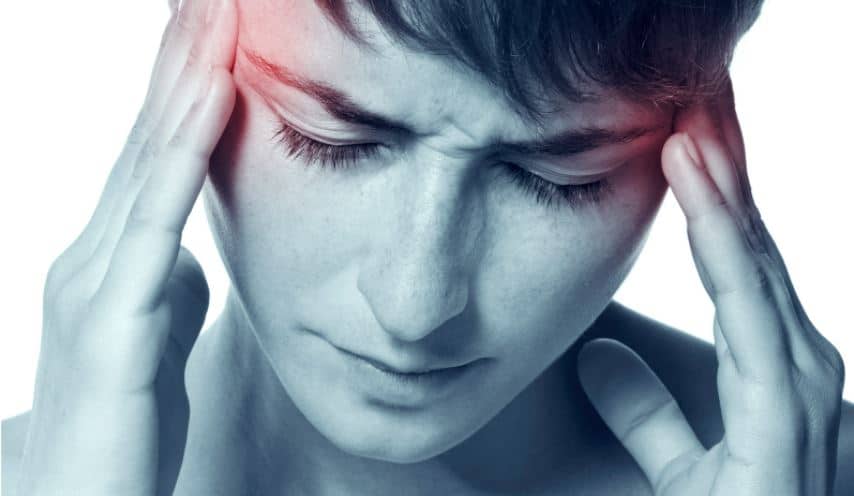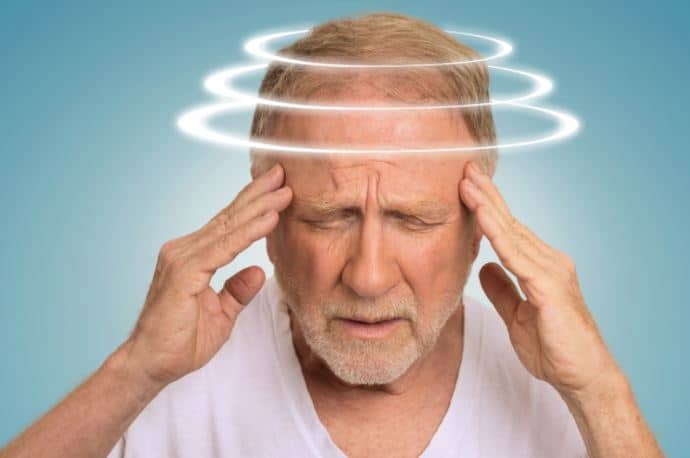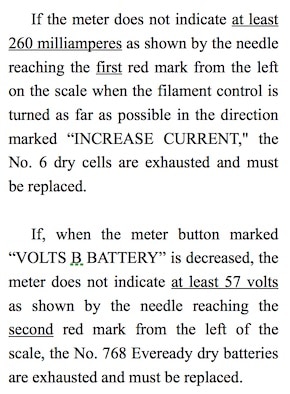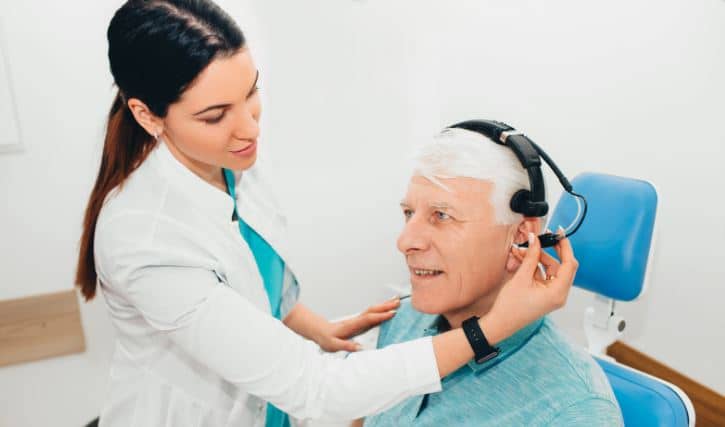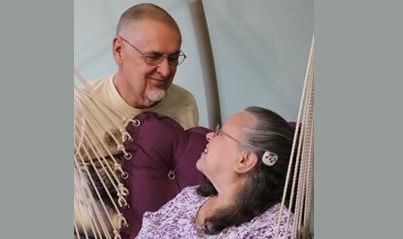Jun. 23, 2022
Clinical Practice Guideline for Acute Vertigo? It’s Past Time
When patients arrive in the Emergency Department with the complaint of dizziness or vertigo, there is a 40 to 50% chance that a cranial CT will be ordered. When that same patient is evaluated through telehealth by a specialist with advanced knowledge and skill in evaluating dizziness and vertigo, there is only a 2% chance that a cranial CT will




